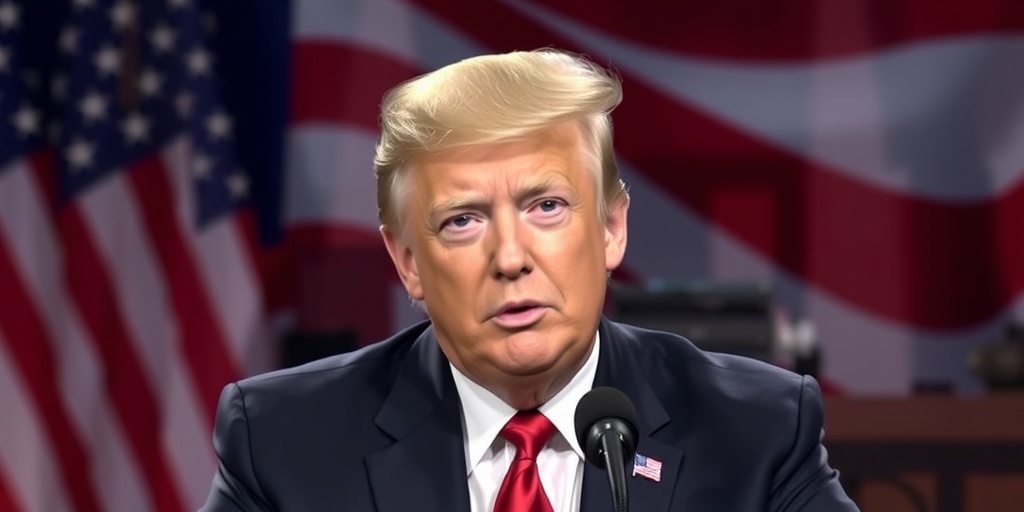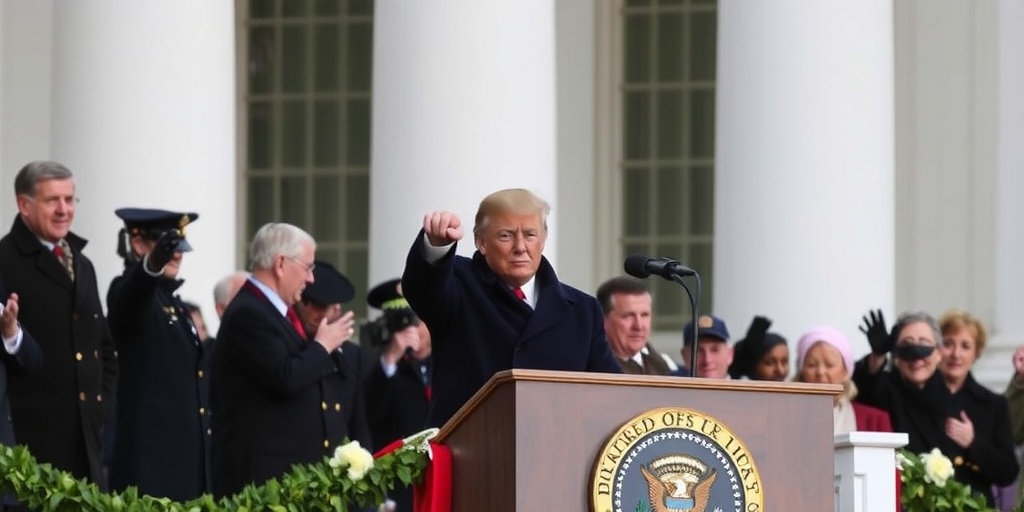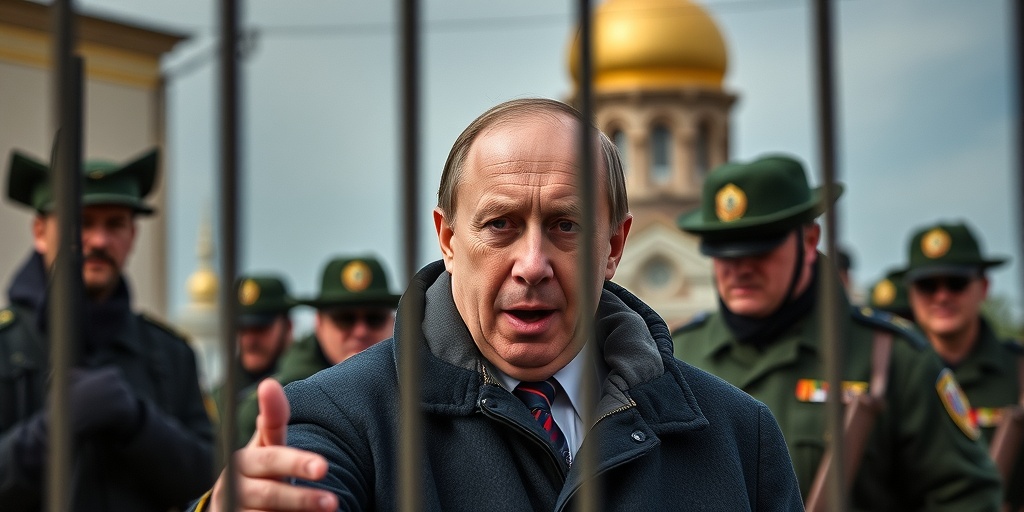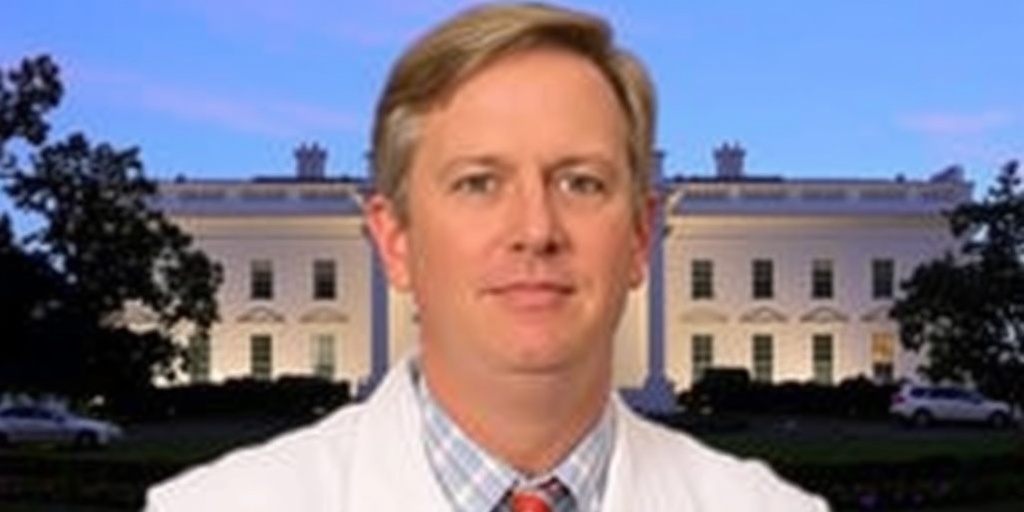Now Reading: Kennedy: “No Topic Off Limits in Chronic Disease Investigation”
-
01
Kennedy: “No Topic Off Limits in Chronic Disease Investigation”
Kennedy: “No Topic Off Limits in Chronic Disease Investigation”
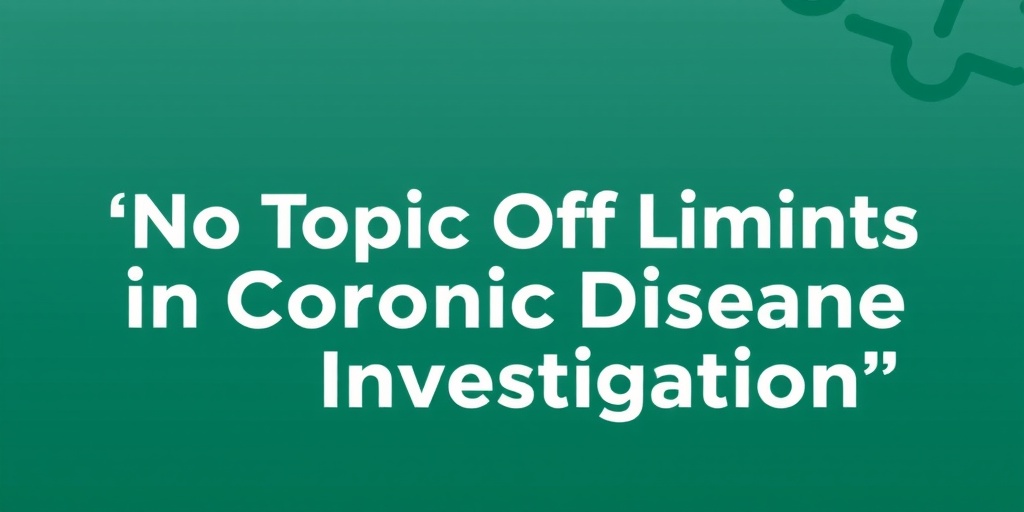
Robert F. Kennedy Jr. Addresses Health Department Employees, Announces Presidential Commission on Vaccine Schedules and Psychiatric Medications
In his inaugural address to staff at the Department of Health and Human Services (HHS), Health Secretary Robert F. Kennedy Jr. unveiled plans to establish a new presidential commission aimed at examining childhood vaccine schedules, psychiatric medications, and other subjects frequently discussed in public health circles that he has approached with skepticism. During the 22-minute closed-door session, which was attended by The Times via video link, Mr. Kennedy declared, “Nothing is going to be off limits,” signifying a broad and potentially controversial scope for inquiry.
Kennedy framed his address as a call for unity among HHS staff, encouraging them to move beyond the contentious partisanship that had marked his recent nomination. He emphasized the importance of maintaining an open dialogue, stating his commitment to ask “difficult questions” and to actively listen to “all stakeholders,” including those who may oppose his views. “Let’s all depoliticize these issues and reestablish a common ground for action,” he urged, adding his willingness to entertain the possibility of being incorrect in his assumptions.
The Health Secretary expressed his intention to leverage his newfound authority to push forward on topics that he feels have been neglected or shunned by mainstream scientific discourse. He highlighted the “Make America Healthy Again” commission, established by President Trump and which Mr. Kennedy is set to lead, as a platform through which he aims to prioritize health issues that he believes require greater scrutiny. These topics, he remarked, have been “formerly taboo or insufficiently scrutinized.”
Dr. Paul Offit, a well-known pediatric vaccinator from the Children’s Hospital of Philadelphia, was quick to critique Kennedy’s remarks, suggesting that his position inherently reflects preconceived notions rather than an unbiased inquiry into childhood health issues. Dr. Offit pointed out the myriad factors that contribute to chronic disease—genetics, alterations in the gut microbiome, and age-related ailments—that Kennedy failed to address in his speech. “He’s implying that previous scientists who explored these issues were compromised, while he alone will unveil the ‘real truth’,” Dr. Offit stated.
The HHS spokesperson declined to comment on the speech or its implications. Mr. Kennedy’s comments surfaced in a backdrop of significant layoffs across HHS, which oversees critical agencies, including the Centers for Disease Control and Prevention (CDC) and the Food and Drug Administration (FDA). These layoffs are part of a broader strategy to cut federal workforce size and have raised concerns among younger employees in prestigious fellowship and scientific programs, impacting the future of public health initiatives.
Despite these cuts, Kennedy expressed his vision of fostering “radical transparency” within the department as a means to restore public trust in health institutions. He stated, “Both science and democracy flourish from the free and unimpeded flow of information,” but also recognized that his calls for transparency might encounter resistance from pharmaceutical companies and academic institutions. These entities, which rely on federal funding, often maintain strict controls over proprietary research, which could create friction with Kennedy’s agenda.
Moreover, Kennedy reiterated his commitment to reform the advisory committees that support scientific agencies. Presently, these committees include members who frequently engage with industry interests, creating potential conflicts of interest. While they are currently required to disclose such connections and recuse themselves from relevant decisions, Kennedy hinted at a possible overhaul of these rules.
He stated, “We’ll remove conflicts of interest on the committees and research partners whenever possible, or balance them with other stakeholders.” This pledge reflects Kennedy’s broader mantra of accountability, reinforced during his prior presidential campaign in alliance with Mr. Trump.
In the closing parts of his address, Kennedy evoked a sense of historical purpose, referencing the founding fathers of the United States who were also “citizen-scientists.” He invoked names such as George Washington, Thomas Jefferson, and John Adams, drawing a connection to his uncle, President John F. Kennedy, who famously challenged Americans to improve their health and fitness. “Our overall wellness must begin with a spiritual question: How do we relate to ourselves, to each other, to the community, and to our planet?” he posed, suggesting that love and self-awareness are central to achieving good health.
Overall, Mr. Kennedy’s address has set the stage for a potentially transformative and contentious tenure at the Department of Health and Human Services, framing his goals as aligned with scientific inquiry while simultaneously questioning mainstream health narratives. The coming months are likely to reflect the impact of his leadership style and the policies he intends to advocate, as he seeks common ground on complex health issues against a backdrop of skepticism from established scientific communities.
Stay Informed With the Latest & Most Important News
Previous Post
Next Post
-
 01New technology breakthrough has everyone talking right now
01New technology breakthrough has everyone talking right now -
 02Unbelievable life hack everyone needs to try today
02Unbelievable life hack everyone needs to try today -
 03Fascinating discovery found buried deep beneath the ocean
03Fascinating discovery found buried deep beneath the ocean -
 04Man invents genius device that solves everyday problems
04Man invents genius device that solves everyday problems -
 05Shocking discovery that changes what we know forever
05Shocking discovery that changes what we know forever -
 06Internet goes wild over celebrity’s unexpected fashion choice
06Internet goes wild over celebrity’s unexpected fashion choice -
 07Rare animal sighting stuns scientists and wildlife lovers
07Rare animal sighting stuns scientists and wildlife lovers













